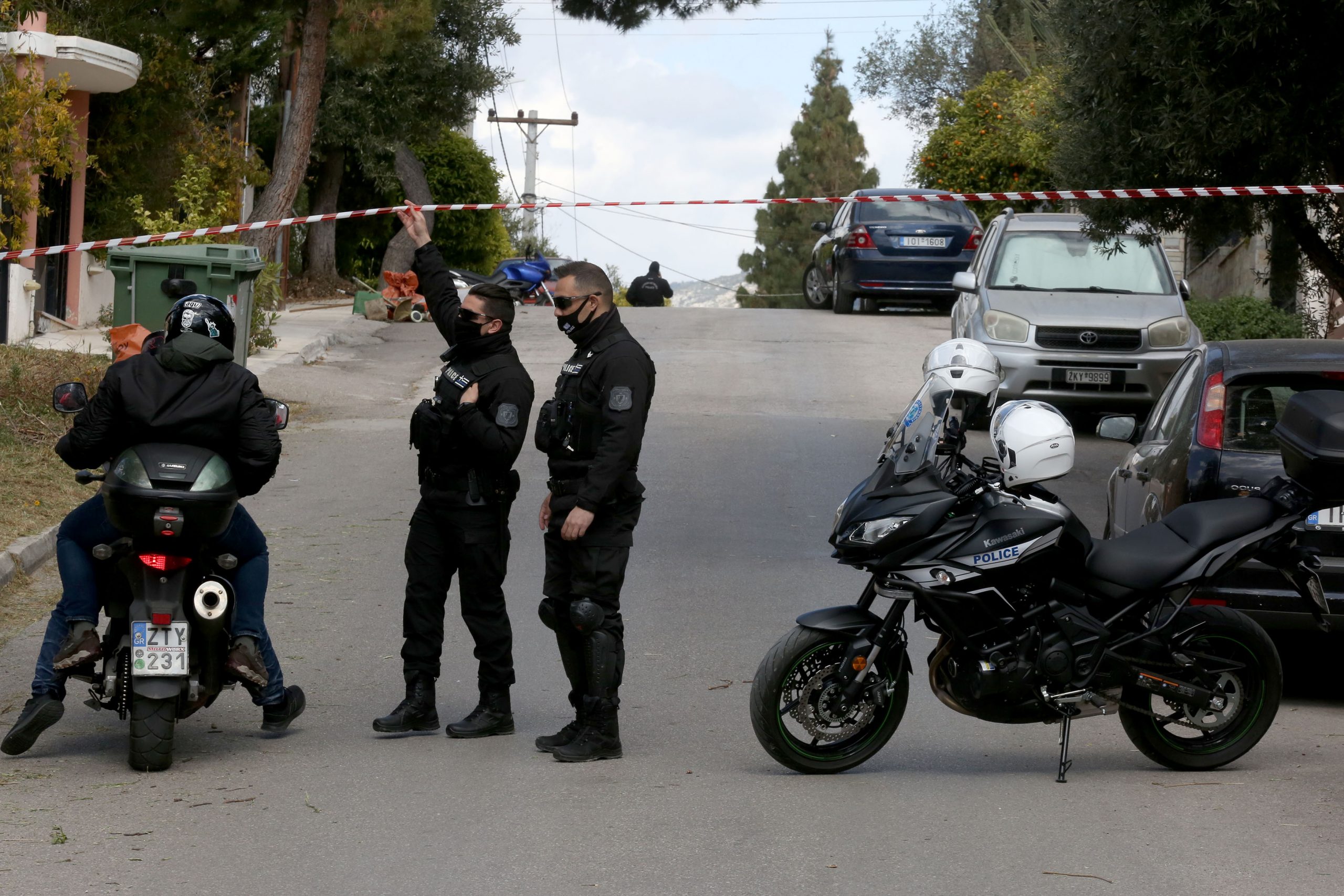The former ruling New Democracy party MEP, and publisher of the free newspaper Free Sunday, George Kyrtsos, in a post on Twitter, condemned the prosecution of two journalists, Costas Vaxevanis and Gianna Papadakou, and a prosecutor, Eleni Touloupaki.
He said EU funds for Greece were at risk of being cut when the rule of law is violated, comparing Greece with Poland and Hungary.
New Democracy fired Kyrtsos last week as one of its MEPs over his criticism of the government’s handling of a long-running alleged drug bribery case involving the Swiss drugs firm Novartis.
It said Kyrtsos had failed to “promote the country’s positions in the European Parliament” and was instead “giving the country a bad name by questioning the independence of the Greek justice system and by comparing Greece to states that violate the rule of law”.
His behaviour “was an insult to all those who trusted him to represent them”. the party said. “There can be no tolerance for defaming the country,” it continued.
Kyrtsos on Monday responded by saying that Mitsotakis had personally warned him of his “imminent expulsion” back in April 2021. “I was surprised that he chose the battleground of Novartis in his effort to justify his authoritarian practices.”
“He has accused me of degrading the image of Greece and the government in the European Union. That kind of accusation is usually used by post-Soviet authoritarian regimes. … In my view, the negative image of the government in the European media and possibly in the European institutions is the result of Mitsotakis’ illiberal practices.”
The Novartis scandal has been the biggest political scandal in Greek history, involving ten former prime ministers and ministers from both New Democracy and its onetime left-wing rival PASOK taking bribes from the Swiss pharmaceutical giant.
The politicians denied wrongdoing and claimed the accusation was politically motivated. Novartis entered into an out-of-court settlement of $345 million with the US government.
Papadakou, an investigative journalist and press officer for The Left in the European Parliament, interviewed an informant, Herve Falciani, a HSBC computer technician who revealed the names of the Greek businessmen in the Novartis affair who had hidden accounts in the Geneva branch of the bank.
The catalogue of the deposits held by more than 2,000 rich Greeks at the bank was handed over to the former Minister of Finance, George Papaconstantinou by Christine Lagarde with the purpose of pursuing tax offenders in October 2010. The result of the investigation was the conviction of the Papaconstantinou.
Papadakou is accused of participation in a criminal organisation that created a “fake scandal” about the Novartis affair and the so-called “Lagarde List”.
She told BIRN she was “in the spotlight because of my … revelations about the Novartis scandal on my television show.
“All of this is an organized attempt to terrorize journalists with the aim of their eventual extermination and the cover-up of two major scandals that cost the Greek people many millions of euros.”
The second targeted journalist, Costas Vaxevanis, publisher of the newspaper Documento is also facing charges of participation in a criminal organization, breach of duty and abuse of power through his newspaper’s reports on the Novartis scandal.
Other journalists in Greece make the same complaints as Papadakou.
On February 10, the lawsuit of the company WRE HELLAS SA was heard, asking for 225,000 euros from the cooperative newspaper Efimerida ton Syntakton and the journalist Tassos Sarantis accusing them of making “offensive claims against the company”.
The reason was an investigation by Sarantis into the company, which has served a barrage of lawsuits against those who opposed the installation of a wind farm it owned in the area of Monemvasia, in the Peloponnese.
“The company did not limit itself to the lawsuit against me, but also sent a legal notice to Journalists’ Union of Athens Daily Newspapers asking them to delete a post in support for me,” he told BIRN.
“The lawsuits of companies against journalists such as Stavroula Poulimeni and the Syros Observatory are a double attempt to silence the press and the environmental movements,” Sarantis told BIRN.
Recently, a Greek NGO, Hopeten, served members and journalists of Solomon and Reporters United with a legal notice regarding questions they had asked them as part of their investigation into the allocation of European funds for the accommodation of asylum seekers in Greece.
Kostas Koukoumakas, a journalist and member of Reporters United, told BIRN that his team received three different legal notices before publishing the investigation, sent – he says – in order to intimidate them.
He said the Ministry of Immigration, which was accountable for managing the money, unofficially advised them to “be careful” about publishing because both companies and NGOs could file lawsuits, something that Koukoumakas interpreted as the Ministry appearing almost as their defender.
IPI Europe Advocacy Officer Jamie Wiseman said: “Journalists carrying out independent, investigative and watchdog reporting in Greece are working in an increasingly suffocating climate, facing a restrictive landscape for accessing public information, online harassment and abuse, and threat of vexatious legal threats from powerful individuals or institutions.”











